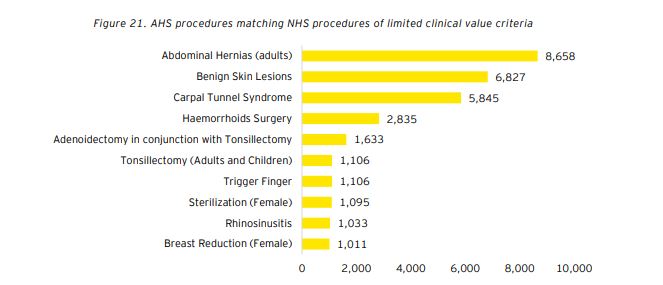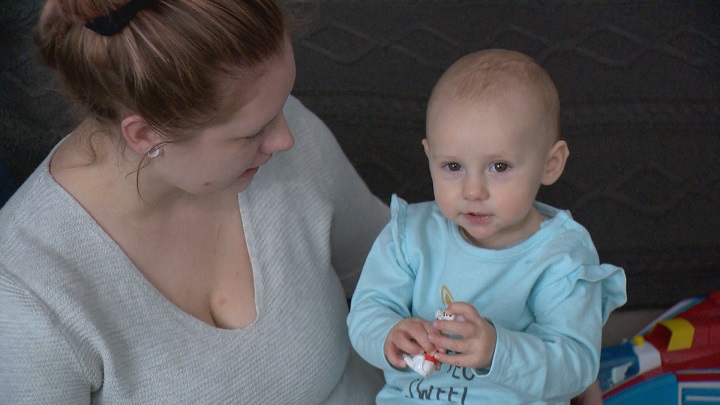An independent review of Alberta Health Services is looking for ways to reduce costs and improve performance, and it could lead to some surgeries being de-prioritized.

Among the procedures listed as having “limited clinical value”: hernia repairs, carpal tunnel syndrome surgery, tubal ligations and breast reductions, defined by the review as “procedures where the evidence of clinical effectiveness is deemed to be weak or absent.”
The review, ordered by the health minister and completed by Ernst & Young, added: “many times, alternative therapeutic approaches exist that can reduce the risk of patient harm and promote more efficient use of operating room capacity.”
But Dr. Sean Gregg, a general surgeon based in Red Deer, said doctors already prioritize procedures to make the best use of limited operating room capacity.
“Where the savings would actually be found is by improving access to care that saves money,” Gregg said.
“If we can fix somebody’s hernia, keep them out of the ER, get them back to work, that has huge savings for society.”

Arielle Faherty underwent a tubal ligation after her second pregnancy, more than two years after her first delivery caused severe trauma to her body.

Get weekly health news
The Lethbridge mother suffered a fourth-degree tear and a rectovaginal fistula.
“It was kind of a mess, and they told me they weren’t going to fix me until I’d finished my family,” Faherty said.
Her second child was delivered by C-section, allowing surgeons to repair her injuries from the first delivery and perform her tubal ligation.
Faherty said the value of healthcare is more than just numbers.
“It can be life or death for some people.”
“Being able to access that tubal ligation during my C-section when I had this one — I can’t put into words how much it helped us,” she said.
Critics worry that could lead to patients paying out of pocket to fix things like hernias and carpal tunnel syndrome.
“I’m very concerned because the ‘surgeries of limited clinical value’ is actually the door opening to full privatization and Americanization of Alberta’s health care,” said NDP leader Rachel Notley.
The Alberta government has committed to not de-funding surgeries or other procedures mentioned in the AHS review report.
Alberta Health Services is expected to provide an implementation plan based on the review’s recommendations by May 13.
“Look, there’s a list — there’s a suggestion — that we work with the Choose Wisely program, and make sure that when there is a referral for surgery, that it’s done considering appropriateness,” Health Minister Tyler Shandro said Feb. 7. “And working with medical professionals to be able to develop guidelines about when — and when not — something is appropriate.
“I’m not here to micro-manage which procedures are done at which locations, that’s why we have the experts at AHS to do that. I look forward to them being able to take that recommendation and working with patients and working with professionals to develop those guidelines.”





Comments
Want to discuss? Please read our Commenting Policy first.